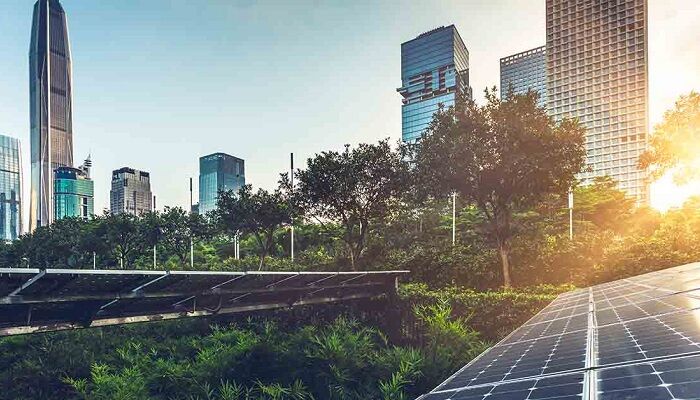Japan as well as the EU are all set to agree upon setting some common rules pertaining to procurement in the decarbonization sectors like solar, wind, and hydrogen. Especially these envisioned rules are going to have elements such as impact on the environment as well as human rights, besides price being taken into account in terms of the procurement of solar panels as well as other products. Ken Saito, the Economy, Trade, and Industry Minister, and Kadri Simson, the European Commissioner for Energy, were to conclude the pact in Tokyo.
This agreement was made to decrease overdependence on certain nations while considering the inexpensive Chinese products, and that too from the perspective of economic security. The rules are going to be shared at the G7 summit with the objective of being based on international rules.
It is well to be noted that a joint statement that is to be released by the EU and Japan is expected to raise deep concerns in terms of weaponized economic dependencies, which happen to be a practice of certain nations making the others completely dependent on them for strategic products like solar panels by way of market distortive subsidies.
As a countermeasure against this, there will be rules that will be set in the fields of wind, solar, and hydrogen decarbonization with regards to the confirmation of any governmental subsidies that are unfair, independence from specific nations, security, and consideration when it comes to environmental as well as human rights.
It is well to be noted that a working group is soon going to be formed so as to discuss details that are going to extend the agenda issues, which go beyond the three laid-down areas, so as to include electric vehicles and semiconductors.
The fact is that China has been sort of inflating its own product’s competitiveness within the decarbonization sector by way of injecting governmental subsidies quite excessively. When it comes to Europe, Chinese solar panels happen to dominate the market, with the presence of products from China in wind and hydrogen-led fields also increasing.
One of the senior officials from the European Commission said that there are numerous companies that have been ousted by Chinese companies, which are heavily subsidized. The commission happens to be investigating the subsidies for EVs that happen to be China made as well as wind power and solar panels.
It is worth noting that Europe and Japan happen to agree upon the concept of decreasing the dependence on China for major technologies as well as strategic goods. The US, which is going to have its presidential election in November 2024, has also gone ahead and raised its opposition to China.
In contrast, Europe and Japan are bent on emphasizing the importance of fair competition. The point is that it is more likely that the EU and Japan will create a joint roadmap for hydrogen utilization by 2040 or around it, with plans to establish them as worldwide rules.




































